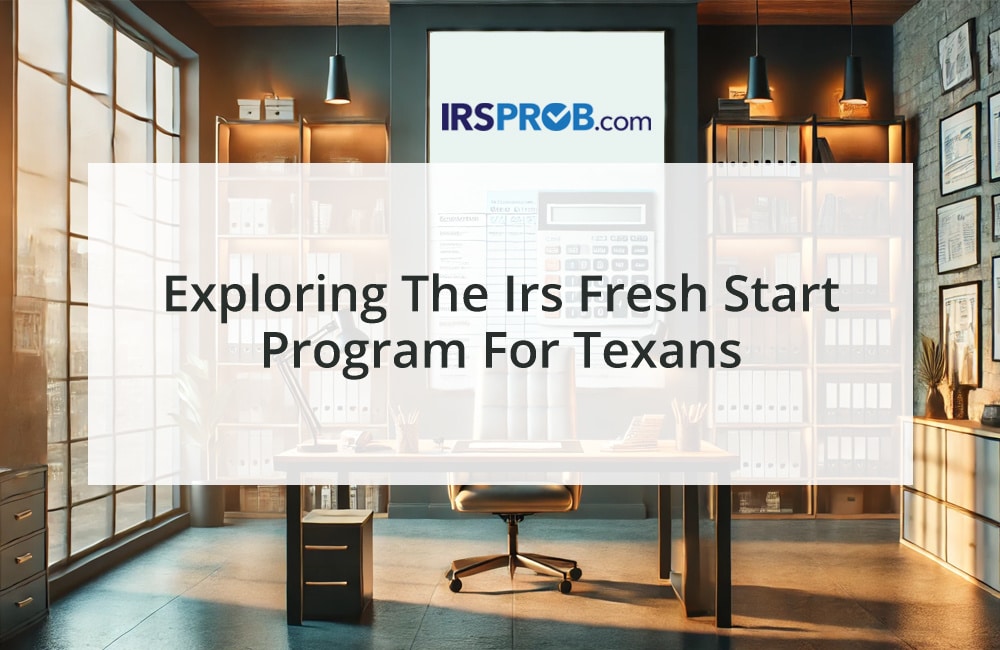
Running a business is challenging enough without the added risk of getting entangled in fraudulent tax schemes. Unfortunately, some professionals misuse their expertise, leading to devastating consequences for themselves and their clients. A recent case involving two tax attorneys and an insurance agent should serve as a cautionary tale for business owners looking to reduce their tax burdens.
The Fraudulent Scheme
From 2011 to 2022, Michael Elliott Kohn, Catherine Elizabeth Chollet, and David Shane Simmons orchestrated a complex tax shelter fraud called the “Gain Elimination Plan.” This scheme promised to hide taxable income and inflate business expenses using fabricated transactions, including fake royalties and management fees.
On paper, the fees were funneled into limited partnerships tied to charitable organizations. In reality, the transactions were designed to evade taxes. A critical component of the scheme involved requiring clients to purchase life insurance policies tied to the hidden income, with payouts based on the businesses’ anticipated profitability. This additional layer of fraud generated significant commissions for Simmons, who shared the profits with Kohn and Chollet.
The Fallout
The fraudulent scheme resulted in a tax loss exceeding $22 million. Here’s how justice was served:
- Michael Elliott Kohn: Sentenced to seven years in prison.
- Catherine Elizabeth Chollet: Sentenced to four years in prison.
- David Shane Simmons: Sentenced to five years in prison.
In addition to prison sentences, the court ordered restitution of over $22.5 million and three years of supervised release for all three individuals.
This case highlights the seriousness with which the IRS Criminal Investigation (IRS-CI) handles tax fraud, ensuring that those who cheat the system face severe consequences.
Lessons for Business Owners
While the temptation to lower tax liabilities is understandable, it’s crucial to distinguish between legitimate tax planning and fraudulent activities. Here are key takeaways for business owners:
1. Understand Tax Strategies Fully
If a tax strategy sounds too good to be true, it probably is. Promises of eliminating taxes entirely or “guaranteed” methods for hiding income should raise red flags. Always ensure you understand how a strategy complies with the tax code.
2. Vet Your Advisors Carefully
Entrusting your financial matters to professionals is a necessity for most business owners, but not all advisors operate with integrity. Verify your tax advisor’s credentials, ask for references, and consider a second opinion if a strategy seems questionable.
3. Avoid Risky Transactions
Schemes involving fabricated expenses, fake partnerships, or unusual insurance arrangements are likely illegal. If an advisor suggests moving money in ways that don’t align with your normal business operations, consult an independent expert.
4. Keep Detailed Records
Maintaining thorough and accurate records of your income, expenses, and transactions is essential. Good record-keeping can protect you during an audit and ensure that your financial activities align with legitimate tax practices.
The IRS Is Watching
This case underscores the IRS’s focus on combating tax fraud. IRS-CI’s enforcement ensures that honest taxpayers aren’t burdened with the consequences of fraudulent activities by others. Business owners should prioritize compliance to avoid costly penalties, criminal charges, or damage to their reputation.
Protecting Your Business
The consequences of tax fraud extend far beyond financial losses. Prison sentences, restitution payments, and irreparable damage to your professional reputation can cripple even the most successful business owners. To stay on the right side of the law:
- Partner with reputable tax professionals who prioritize compliance over shortcuts.
- Stay informed about tax laws and changes that may affect your business.
- Regularly review your financial practices to ensure they align with IRS guidelines.
While creative tax planning is an integral part of business strategy, it must always remain within the bounds of the law. Let this case serve as a reminder: when it comes to taxes, honesty is always the best policy.









